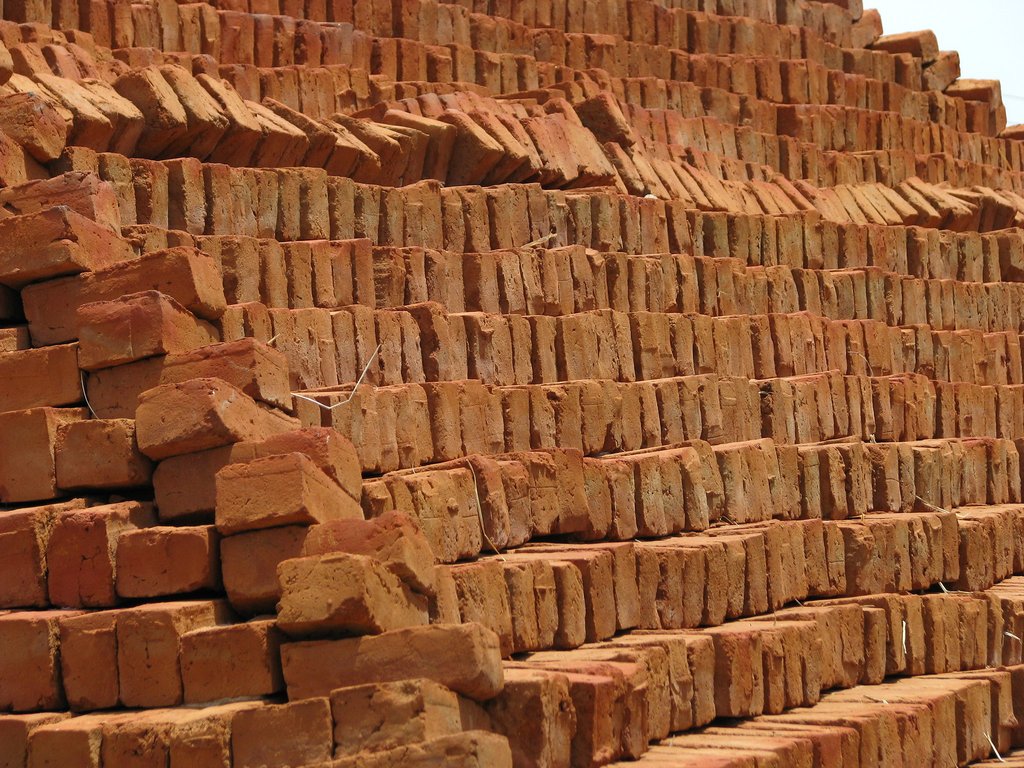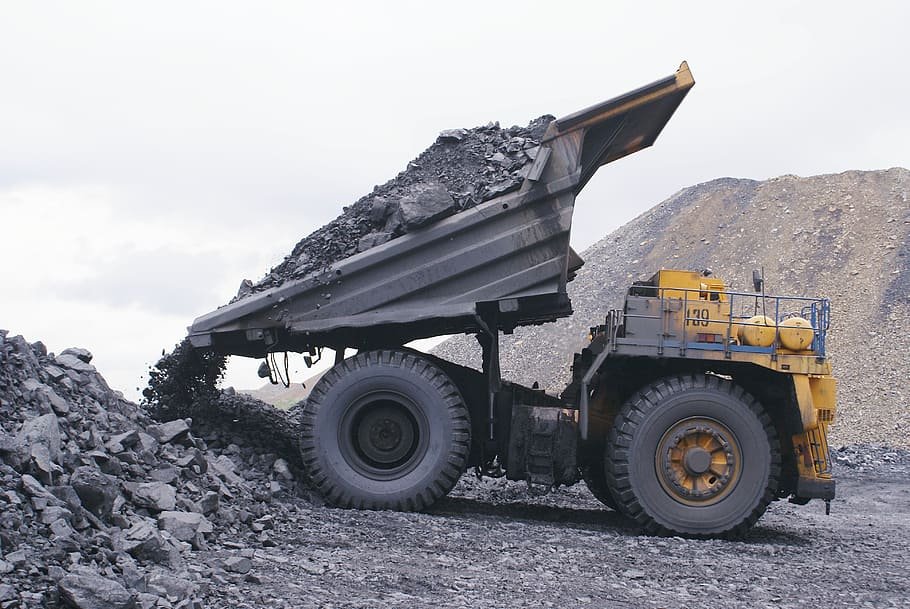Global inequalities in power allow the profit maximisation model of businesses to shape a global economy that prioritises profit over people. The dominance of this model facilitates various forms of exploitation including poverty wages, discrimination and violence, crackdowns on trade unions and collective organising, rising precarity of work, and lack of social protections. This labour exploitation and the relationship with lead brands and retailers is often obscured by the complex and opaque network of global supply chains. The COVID-19 pandemic, subsequent global economic crisis and advancing climate breakdown have only exacerbated these challenges and inequalities.
This Big Issue area collects the latest news on labour rights issues in global supply chains, as well as our work to support and advance the labour rights demands of workers and the organisations representing them.
Our key focus areas are the apparel and footwear and agricultural (specifically tea) sectors, as well as the rights of migrant workers across many industries. Our current priorities include the impact of crackdowns on freedom of association on workers, how companies’ purchasing practices influence supply chain conditions and the growing impacts of the climate crisis on the rights of workers across the globe.
The missing thread: Workers absent from fashion companies’ climate plans
As the climate crisis intensifies, fashion brands are stepping up their environmental pledges—setting targets to slash emissions, transition to renewable energy, and build “green” factories. But across the industry’s global supply chains, the workers who power these ambitions remain largely invisible in the transition. This new report by the Business & Human Rights Resource Centre reveals how 65 top fashion brands are failing to integrate worker rights and representation into their climate strategies.
Global apparel and footwear supply chains
Fashion brands and retailers, based largely in the Global North, reap billions in profit. Yet the workers making their products - mostly women in the Global South - continue to face systematic exploitation, including low wages, denial of freedom of association, gender-based violence, and routine health and safety violations.
Just for Show: Worker representation in Asia's garment sector and the role of fashion brands and employers
This report examines the role of trade unions and alternative representative structures across six major garment-producing countries in South and Southeast Asia - Bangladesh, Cambodia, India, Indonesia, Pakistan and Sri Lanka - exploring how brands and their suppliers are relying on ineffective representation structures as an alternative to union engagement, undermining freedom of association and collective bargaining, depleting trade unions’ ability to build their membership and contributing to a vicious cycle of poor working conditions in the sector.
Who pays for the crisis? Portal
Business & Human Rights Centre is monitoring how brand purchasing practices during crises - including economic slowdowns, political instability, and climate-related events – have negatively impacted workers, leading to factory closures, mass layoffs, reduced working hours and reduced wages.
Myanmar garment worker allegations tracker
Myanmar’s military illegally seized power on 1 February 2021. Through collaboration with partners and allies inside and outside Myanmar, Business & Human Rights Resource Centre is monitoring the significant increase in labour and human rights abuses of garment workers across the country since the military takeover.
More on the rights of workers in global apparel and footwear supply chains
Migrant workers in global supply chains
Globally, in sectors such as construction, agriculture, transport and health care, migrants make a vital contribution. However, while labour migration brings economic, social, and cultural benefits to migrants, and to their countries of origin and destination, migrant workers are particularly vulnerable to exploitation and abuse.
"Not just a number": Tracking migrant worker abuse in global supply chains - 2025 Global Analysis
Between 1 January 2024 and 31 December 2024, the Business & Human Rights Resource Centre (the Resource Centre) recorded 665 cases of alleged abuse of migrant workers globally in our Migrant Worker Allegations Database (the Database). These cases span all sectors, all abuses and all regions of the world, from climate-displaced Nepali workers then hit by the impacts of climate change on Gulf construction sites, to Bangladeshi women workers toiling for American household name fashion brands and British retailers in Jordanian garment factories.
Rush to renewables: Toward migrant worker rights and a just energy transition in the Gulf
This analysis by the Business & Human Rights Resource Centre and Equidem establishes how the renewable energy sector risks falling woefully short in identifying and mitigating risks to migrant workers' rights, even as it expands at pace in the Gulf region - a region ranking among the lowest on all human rights indices an dependent on a vulnerable migrant workforce. If the opportunity of a just transition is to be realised – through commitment to human rights due diligence, respect for worker rights and fair negotiations, and shared prosperity – embedding migrant worker rights in business operations is non-negotiable.
Migrant workers in global supply chains
The UN estimates there are 167.7 million international migrant workers globally. In some regions and particular sectors, migrants make up the majority or a significant minority of the workforce. In each of the Gulf states, for example, migrants make up between 60 and 95% of the working population. Northern, Southern and Western Europe, and North America are also key receiving regions for migrant workers. Globally, in sectors such as construction, agriculture, transport and health care, migrants make a vital contribution. However, while labour migration brings economic, social, and cultural benefits to migrants, and to their countries of origin and destination, migrant workers are particularly vulnerable to exploitation and abuse.
Tea and other agricultural supply chains
Tea is the second most consumed drink in the world. But its production is enabled by the exploitation of workers in the Global South. In countries like India and Kenya, tea estates continue to be run on a model barely changed from the colonial era – with workers dependent on their employers for necessities like housing, education for their children and healthcare, and trapped in conditions of poverty and precarity.
Boiling point: Strengthening corporate accountability in the tea industry
The Resource Centre used its Tea Transparency Tracker and data held by Open Supply Hub to link 70 public allegations of human rights abuse identified in 2022 at the supplier level to 16 tea buyers. These include allegations from estates and factories in India, Sri Lanka, Bangladesh, Kenya and Uganda, concerning violations in relation to: the right to freedom of association, health and safety, wages, benefits and living standards.
Trouble brewing: the need for transparency in tea supply chains
Without supply chain transparency or adequate human rights due diligence processes, tea workers have been unable to hold companies to account when rights abuses occur. The Business and Human Rights Resource Centre responded to this by reaching out to 65 tea companies, requesting both supply chain disclosure and responses to a survey on due diligence processes and our findings are summarised in this report.
Tea supply chain transparency tracker
The Resource Centre approached 65 companies with a request for them to disclose the estates and bought-leaf factories that they source their tea from, to be held centrally in the first Tea Transparency Tracker. There are over 3100 estates and factories linked to 20 companies within the Tracker, and all disclosed supplier data is also available under a Creative Commons licence via WikiRate.
More on the rights of migrant workers in global supply chains
Other featured content
Engagement, remedy & justice: Priorities for the Corporate Sustainability Due Diligence Directive from workers in the Global South
A briefing outlining how the EU's new human rights due diligence law can promote the rights and needs of workers in EU supply chains
KnowTheChain
A resource for companies and investors to address forced labour in global supply chains.
Trade and corporate accountability
News and analysis covering the overlap between international trade agreements and labour abuse





